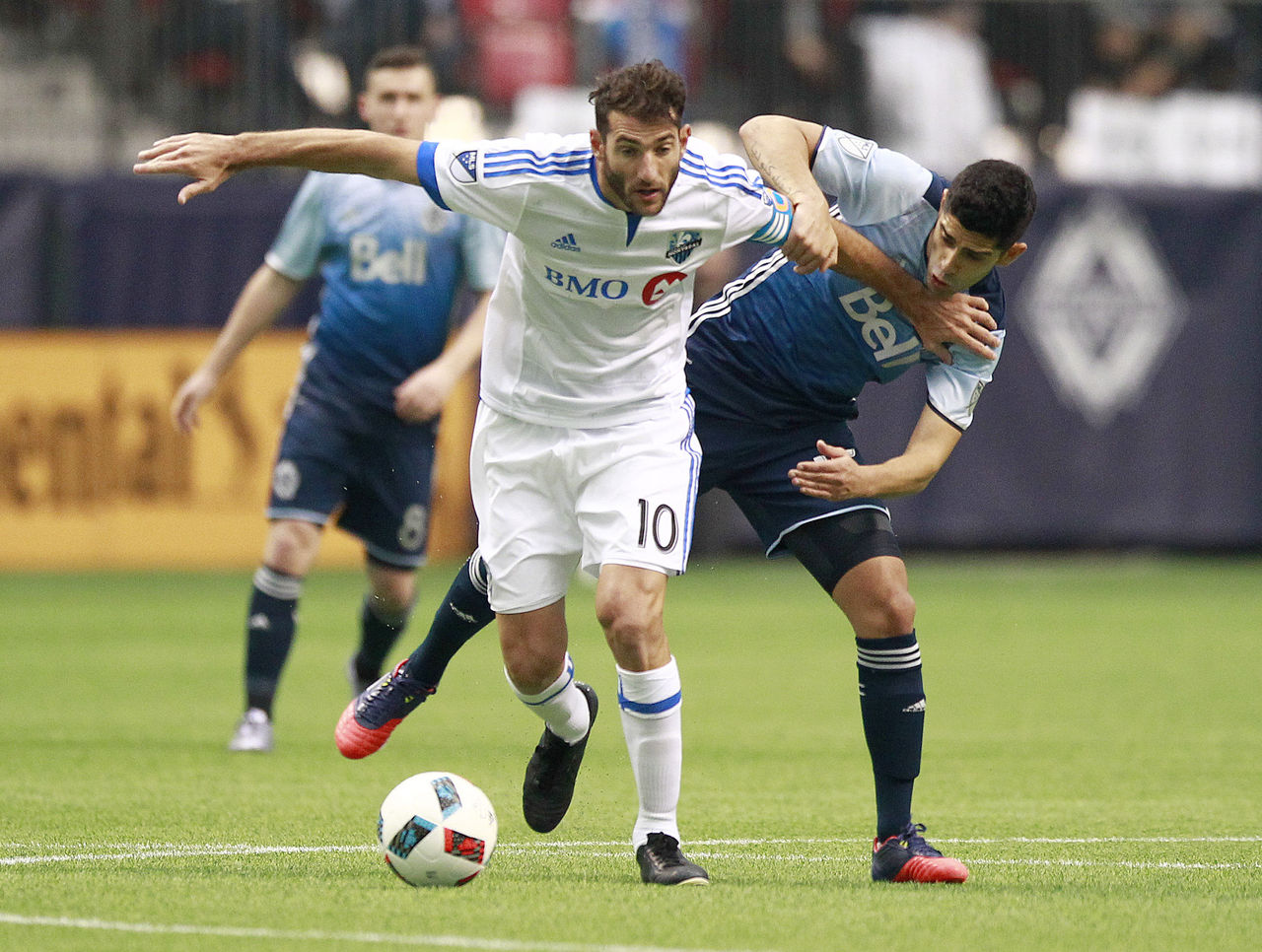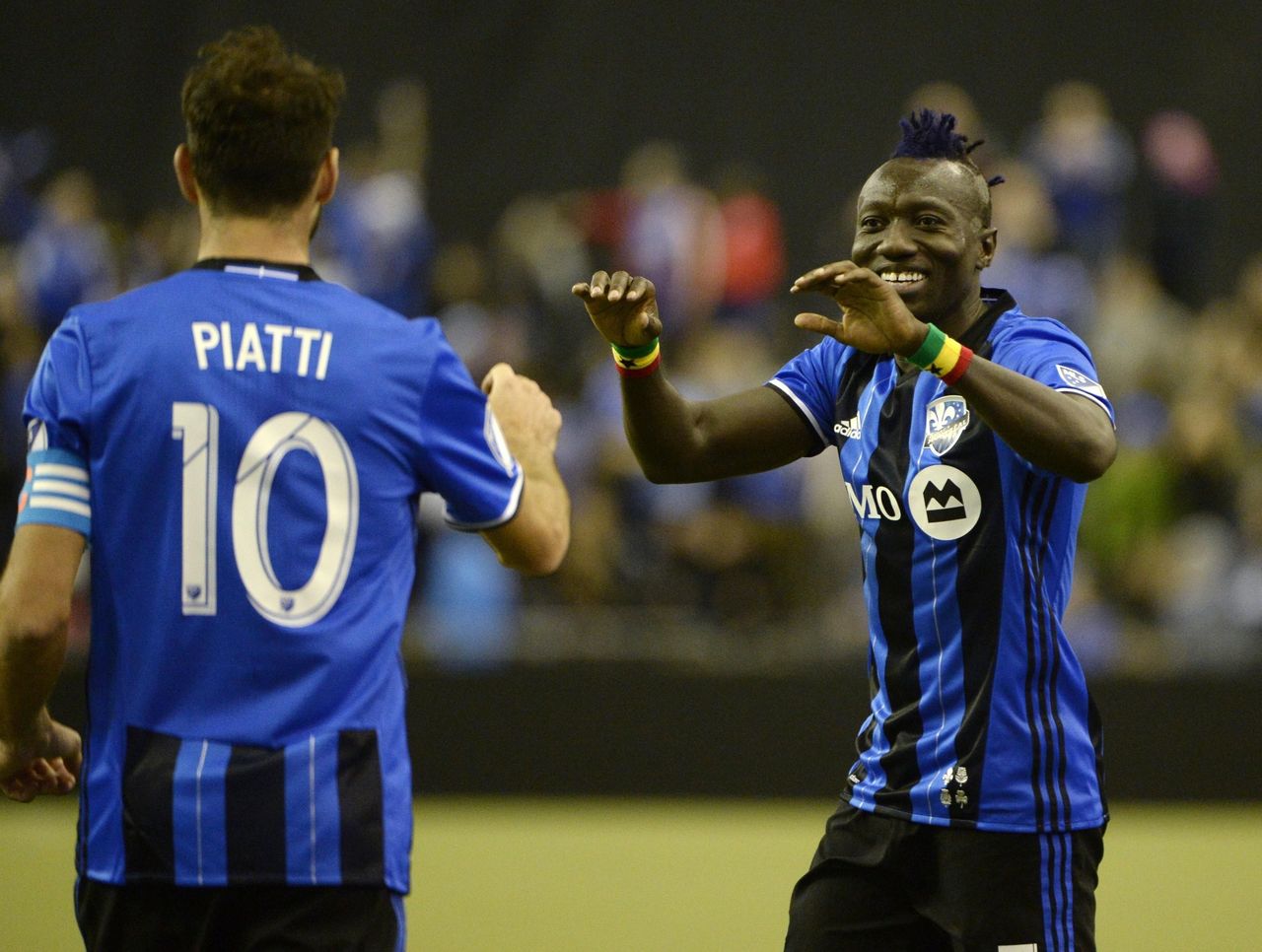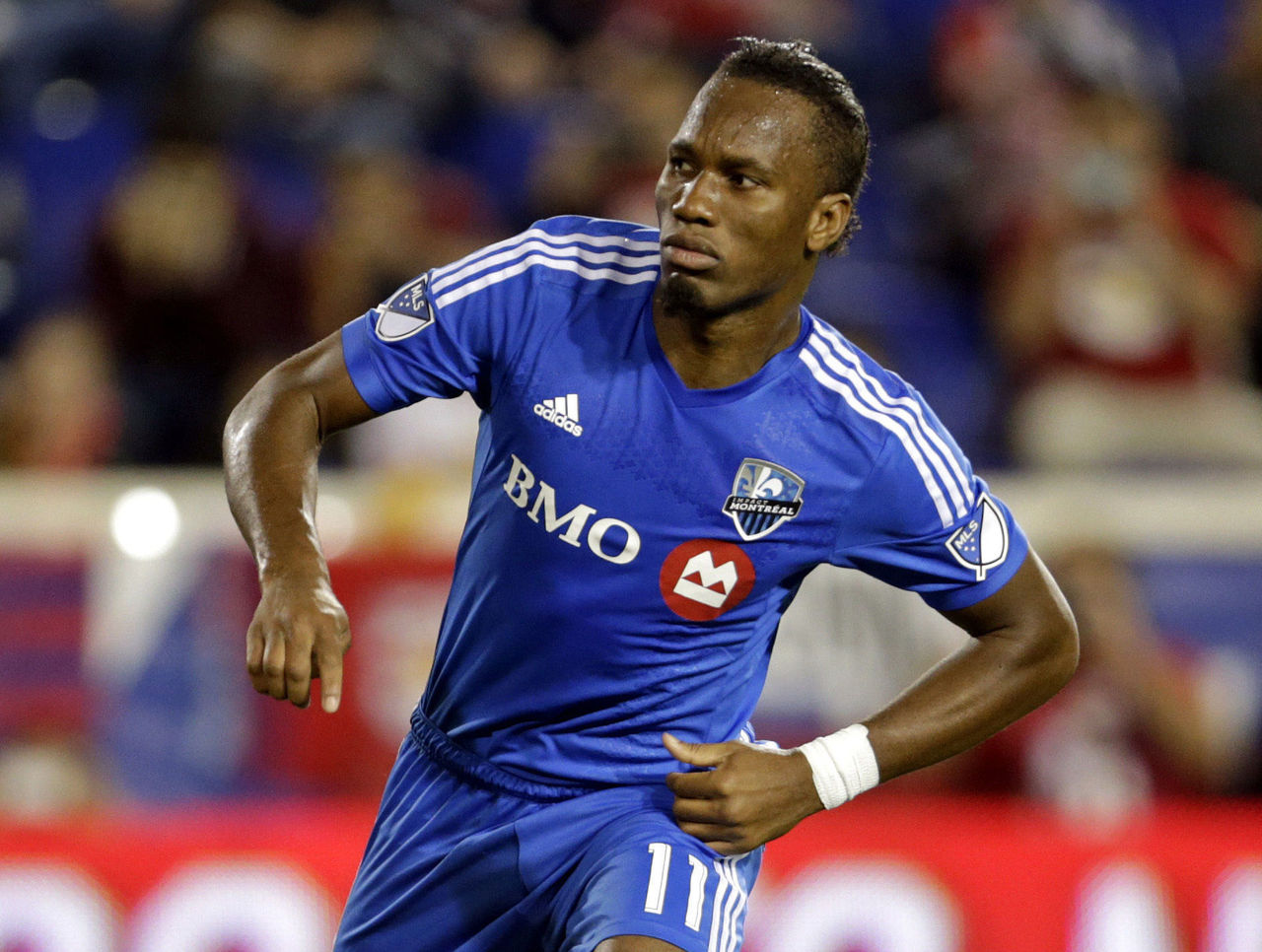Montreal Impact: The dark horse team of MLS in 2016
It seems appropriate, just two games into a season, to make grand, sweeping statements. Okay, not actually, but after a pair of impressive performances to open the 2016 MLS campaign, here goes: It's impossible to ignore the overwhelming feeling that the Montreal Impact will prove to be the biggest, most pleasant surprise in MLS this year.
It's probably not smart to put that down in print, since the 2013 Impact were also labeled a dark horse after starting the season with four wins. They sneaked into the playoffs, but crashed out in lackluster fashion.
Montreal has already put up convincing wins over the Vancouver Whitecaps and New York Red Bulls without star striker Didier Drogba (officially, to injury, but possibly to a phobia of artificial surfaces).
So, it begs the question: How legit is this Impact team?
Pretty legit, thank you very much

Montreal sits atop the league with six points in two games, scoring six goals while conceding just two.
In Drogba's absence, Ignacio Piatti has stepped up to fill the void with three goals and two assists, enough to make him the top scorer and joint assist leader. It also has him on pace to easily eclipse his 2015 form, when he recorded nine goals and eight assists over 26 games.
Montreal wasn't a bad team last year by any means, but head coach Mauro Biello implemented a few key changes that make his team even more versatile. Those changes, though only a handful, have made a huge ... ahem ... impact on how Montreal attacks across the forward line.
Changes, changes, changes

The big question last year was how exactly Montreal would attack, and, more importantly, how the midfield would line up. Since Drogba was such a focal point, the rest of the team was assembled without much direction. Oduro was mostly used out wide, often paired with Dilly Duka or Johan Venegas on the other flank.
But both played out of position. Piatti, too, a prototypical No. 10, sometimes played out wide on the left. The Impact desperately needed a pair of natural wingers, especially since Andres Romero went down with an ACL injury.
In came Harry Shipp and Lucas Ontivero, who have proved themselves more than capable on either flank. And look how busy they were (in completed passes) against the Red Bulls:

(Courtesy: MLSsoccer.com)
When Romero returns, Montreal will have a number of natural wingers to choose from, which bodes well for Drogba, who feeds off quality service from out wide. With Piatti back in the hole, Montreal has finally figured out its attacking shape.
And, speaking of Drogba ...
The million-dollar question

Does Montreal even need Drogba?
The short answer: Yes, of course. The long answer? It's complicated.
One of Montreal's main concerns - besides the quality of its central midfielders - is how the team will adjust if Drogba is injured or otherwise unavailable.
Over the course of an entire season, Drogba can single-handedly influence the outcome of a match. That X-factor can't be taken lightly. He's a goal-scorer, always has been. But what the Impact have shown, in a limited sample, is that reliance won't be an issue.
This is a team that can win games without Drogba, and can certainly win games with him, too. The difference isn't so much in substance but in style. Oduro likely isn't going to hit 20 goals, but a healthy Drogba can. And that's the key for Montreal.
Because if this team is going to live up to its dark horse label and actually make a claim for the 2016 MLS Cup, it's going to need Drogba, but not just Drogba.
The Impact is going to need Piatti, Shipp, Ontivero, Romero, and the rest of their talented core, too.